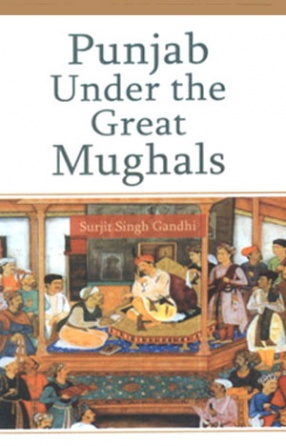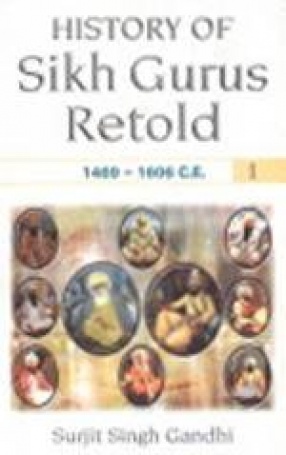Subtotal: $39.60


Punjab Under the Great Mughals brings out the peculiarities of the concepts and strategies followed by the Mughal emperors and their impact on governance. Mughal sovereignty as well as governance assumed colours different from the ones identifiable during Sultanate. The Mughal sovereignty was not of Sunni variety. It was Changezian Timurian Persianate and Sultanian all rolled into one. The anchor of the governance was not Shariat it was sovereign specific. The ...

The impulse behind the study in hand was the longing to find adequate answers to certain vital questions--What exactly does Sikhism stand for? Why was it originated and developed by Guru Nanak and his nine successors? How did it strike roots among people? What institutions and structures the Gurus evolved to highlight and escalate it? What type of praxis of man and society Gurus visualized? How was it different from contemporary religious systems--Islam, ...

This work is a comprehensive and analytical study of the life of Guru Govind Singh, the tenth Guru of the Sikhs. It is an objective account of his response to the contemporary spiritual, political, social and economic conditions, his contribution to metaphysics, social engineering and polity, his attitude towards Muslims as well as Hindu orthodoxy, his floating of the Order of Khalsa, a new model of man as well as of society, his providing of fresh insights and ...
